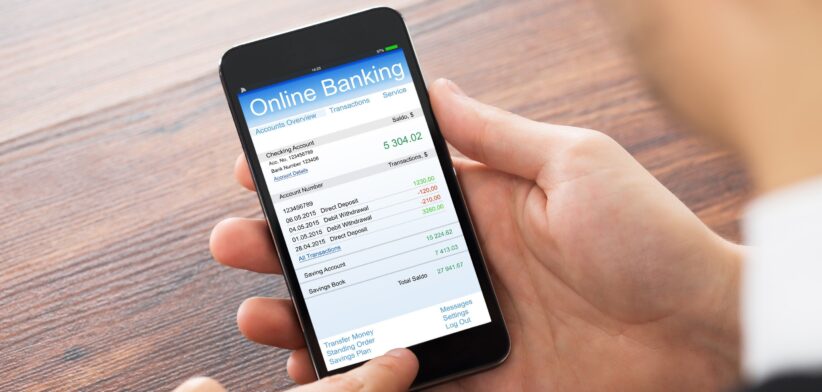Australians who rent out their bank accounts to criminals are in the crosshairs of both the Australian Federal Police (AFP) and Australian Banking Association (ABA).
AFP Detective Superintendent Marie Andersson said money mules were renting out their bank accounts for as little as $200 and facilitating money laundering.
Detective Superintendent Andersson said police and banks were stepping up efforts to curb this criminality and were urging Australians not to rent their bank accounts to third parties or share their banking details.
“The warning comes as criminal networks looking for ways to launder illicit money derived from illegal activity are increasingly turning to money mules for assistance.”
She said money mules were individuals who were knowingly, or unknowingly, recruited by criminal syndicates to transfer illicit money in and out of their personal accounts to make the funds appear legitimate to authorities.
“Money mules may also rent or sell their account for a payment.”
Detective Superintendent Andersson said the routing of money through a legitimate Australian bank account obfuscates the flow of the dirty cash, making it difficult to track.
“The mules are paid anywhere from $200 to $500 for the use of their personal accounts and may receive a commission on funds received into their accounts.”
She said criminals target potential money mules through social media, messaging or gaming platforms, chat forums, online advertisements and even in face-to-face meetings.
Detective Superintendent Andersson said individuals may be recruited through:
- Employment scams: These are designed to exploit job seekers by offering what seems like quick and easy money for little work. Applicants are asked to have an Australian bank account to transfer funds and are promised a commission for their work.
- Threat scams: Scammers contact victims threatening criminal charges and arrest unless they transfer and receive funds.
- Romance scams: Scammers build a relationship online and then request the victim to transfer money to other accounts, typically overseas, using their personal bank account.
“Criminal networks are also increasingly instructing money mules to move funds through cryptocurrency exchanges/ATMs and global money transfers apps, as these platforms enable faster and more discreet transfers than traditional banking institutions.
“In these instances, money mules are instructed to withdraw physical cash from their account and deposit it into a CATM, where the money is sent to a digital wallet controlled by the criminal.”
Detective Superintendent Andersson said Scamwatch believes around $141.7 million was lost to scammers via bank transfers last year.
She said money laundering , which carries a maximum penalty of life imprisonment, in Australia. was an integral part of organised crime and enabled criminals to legitimise their illicit profits and bankroll future illegal activity.
“It is illegal to rent, buy or sell bank accounts, and doing so supports the criminal ecosystem.
“Your account may be housing money derived from scams, extortion, drug trafficking and terrorism.
ABA CEO Anna Bligh said mule accounts were a key part of a scammer’s business model and banks were focused on identifying, investigating and shutting them down.
“Using mule accounts to hide and move stolen money around is a key tactic in a criminal’s playbook,” Ms Bligh said.
“Renting or selling your bank account may seem harmless, but you may be unwittingly helping a scammer to rip-off a family member or someone else you know.”








